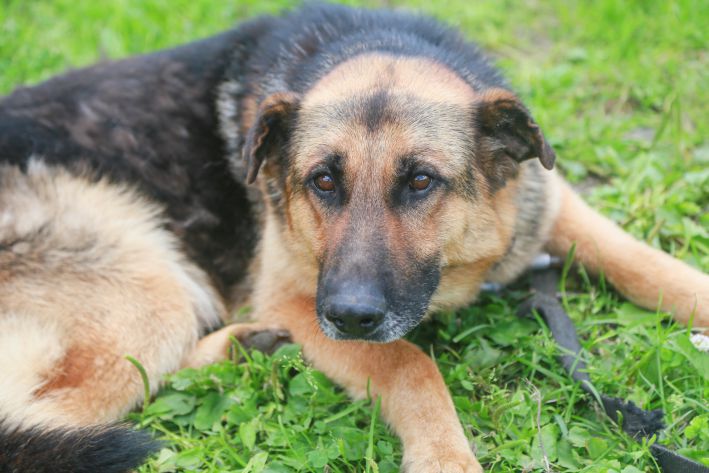Dogs are man's most loyal friends, but sometimes they can exhibit unwanted behavior such as excessive barking or aggression towards their owner.
This can be caused by a variety of reasons that are important to understand and address.
In this article, you will learn about the three main factors that contribute to barking and aggression in dogs, and we will give you tips on how to deal with them.
Lack of attention and employment
Dogs are social animals that need interaction and activity.
If a dog's health is poor due to loneliness or lack of attention, the animal may bark, trying to attract the attention of its owners or to express its indignation.

It may also bark if it lacks physical or mental exercise to help burn off energy and reduce stress levels.
To solve this problem, you need to devote more time and attention to the dog, play with it, walk it and train it.
This will help strengthen the bond between you and your dog and make him calmer and happier.
Fear or uncertainty
A dog may bark or show aggression if it feels fear or insecurity towards something or someone.
This may be due to unpleasant memories from the past, lack of socialization in puppyhood, an unpredictable environment, or pressure from the owner.
To help your dog overcome his fears and build his confidence, you need to be patient, kind and consistent.
Don't punish your dog for barking or aggression, but rather reward it for good behavior.
Gradually introduce your dog to new situations, people and animals using positive reinforcement. It is also important to give your dog a sense of security and control by providing him with his own space, toys and food.
Pain or discomfort
A dog may bark or become aggressive if it is suffering from pain or discomfort caused by injury, illness, aging, or stress.
This may be a way of protecting oneself from further harm or an expression of one's discomfort.
To avoid this problem, you need to regularly check your dog's health, contact a veterinarian if any suspicious symptoms appear, maintain hygiene, and feed your dog the right diet.
It is also necessary to provide the dog with comfortable living conditions, avoid overload and hypothermia, and also provide it with sufficient rest and relaxation.
Earlier we talked about how to train a dog to stay home alone.








